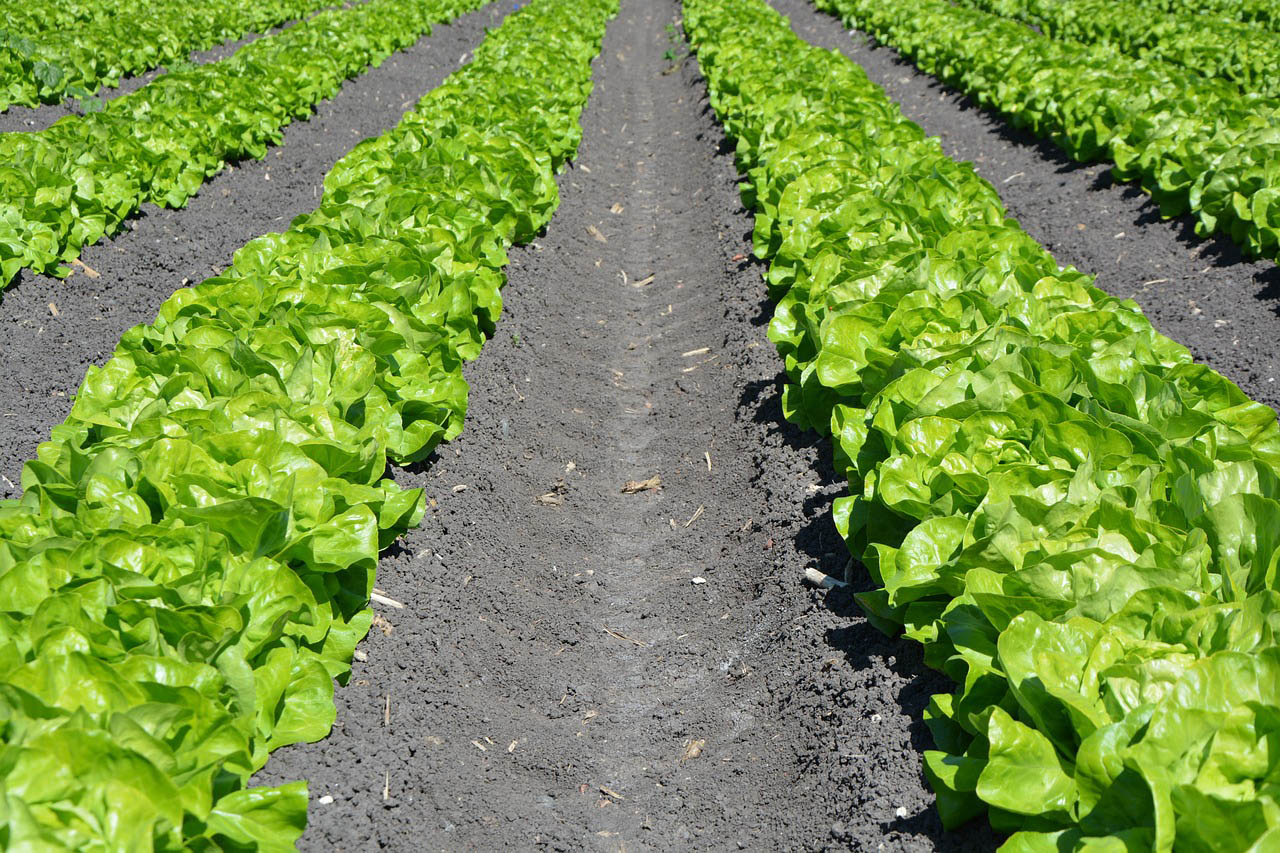What We Do
We provide forensic agricultural laboratory testing, certification and training services to various regulatory divisions of the Department and others as provided by law. To accomplish this mission, the laboratory has two sections, Food Safety and Chemistry.
Food Safety Services
- Dairy Product Quality - Tests dairy products to assist regulators in enforcing quality standards.
- Entomology - Provides limited insect identifications to assist in preventing harmful pests from becoming established in Arizona.
- Food Safety & Meat Microbiology - Tests meat, ready to eat products and other commodities for bacterial contamination.
- Plant Pathology - Provides DNA-based plant disease identification aiding in the prevention and remediation of plant disease outbreaks.
- Seed Quality - Tests commercial seed properties to assure consumers are getting label guaranteed quality.
Chemistry Services
- Feed and Fertilizer Products - Tests retail and agricultural products to determine compliance with label guarantees.
- Natural Toxin Residue - Tests human and animal feed products for the presence of naturally occurring chemicals capable of causing illness.
- Pesticide Formulations - Determines compliance of pesticide products truth in labeling through the analysis of retail and restricted use pesticides.
- Forensic Analysis - Analyzes samples collected during investigations for regulatory enforcement.
Laboratory Certification
The State Agricultural Laboratory provides for the mandatory certification of laboratories providing agricultural laboratory services to agencies and departments of this state or its political subdivisions, including those laboratories that are a part of a state agency or department or a political subdivision of this state. If your laboratory is interested in certification by the State Agricultural Laboratory, please visit our Laboratory Certification page. You can see a list of currently certified labs here: SAL Certified Labs
Laboratory Approval
Scientists from the State Agricultural Laboratory (SAL) are certified by the U.S. Food and Drug Administration (FDA) as Laboratory Evaluation Officers (LEOs). As such they provide FDA mandated audits and inspections of dairy testing laboratories which provide certain types of testing. When compliance is reached, the laboratories achieve Approved status for such testing. You can see a list of all labs which are currently approved by the SAL LEOs here: SAL Approved Labs
Seed Testing
The State Agricultural Laboratory is certified by the Association of Official Seed Analysts (AOSA) for the provision of seed testing services. We currently provide seed testing when it is necessary for the export of seed products. For more information or to see if we can accommodate your seed testing needs, contact Alex Carvajal at (602) 989-5251. Our current price list can be found here: Seed Price List
Who We Are
Laboratory Director: Doug Marsh
(602) 744-4924
Laboratory Business Manager: Lynn Korn
(602) 744-4903
Quality Assurance Manager: Dominique Ramirez
(602) 744-4904
Food Safety Section Manager: Alex Carvajal
(602) 989-5251
Chemistry Section Manager: Theresa Crisostomo
(602) 744-4919
AZDA Quarterly Science Photo
Standardization of Sodium Hydroxide solution used for orange, grapefruit, and grape titration testing by the Arizona Department of Agriculture's Citrus, Fruit, and Vegetable Division
(Photo by Paul Cook)
AZDA Quarterly Science Photo Archive
-
Food Access
Finding Healthy Food in ArizonaConnecting people, food, and resources through partnerships with producers, non-profits, for-profits and government.
-
Get a License
Apply For, Renew, or look up a LicenseEnter our Licensing and Payment System then use the filter at the top to find the license you want to apply for or renew or find existing license information, including CEU's
